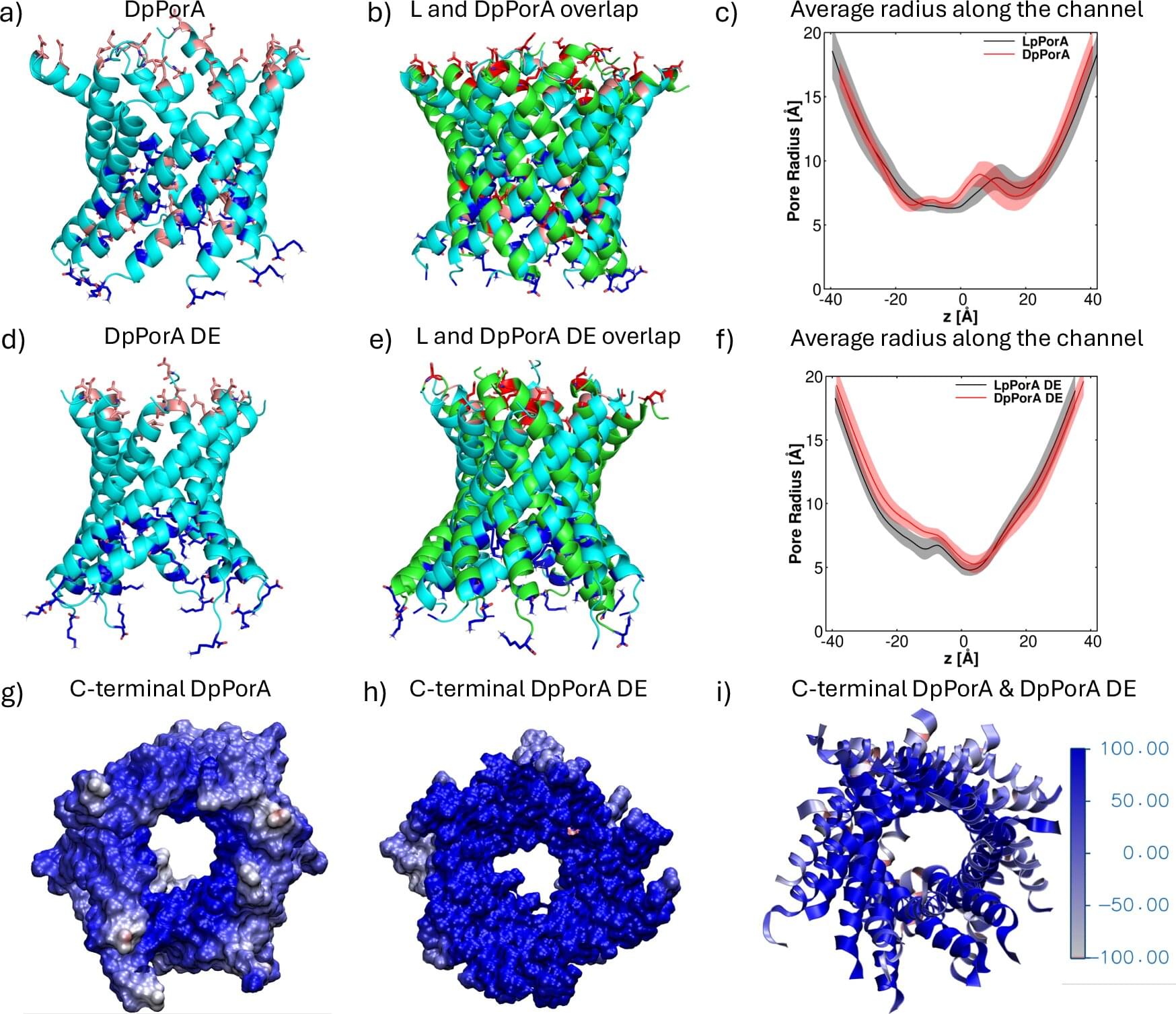For the first time, researchers have successfully fabricated and characterized a fully functional mirror-image nanopore—a molecular gateway built entirely from D-amino acids, the mirror-image forms of the natural building blocks of proteins. The work, led by Prof. Dr. Kozhinjampara R. Mahendran at the Rajiv Gandhi Center for Biotechnology (India) in collaboration with Constructor University and other partners, demonstrates not only a major milestone in nanoscience but also opens promising biomedical applications, including potential cancer therapies.
Proteins in nature are almost exclusively built from L-amino acids, while their D-amino acid counterparts usually play only minor roles. Constructing entire proteins from D-amino acids is extremely challenging, yet offers striking advantages: Such mirror-image structures are often more resistant to degradation and may interact differently with biological systems.
In this study, the team designed a synthetic stable and well-defined D-peptide pore called DpPorA. Remarkably, by modifying the charge distribution, they were able to create superior versions of these pores with enhanced conductance and selectivity under different salt conditions.
